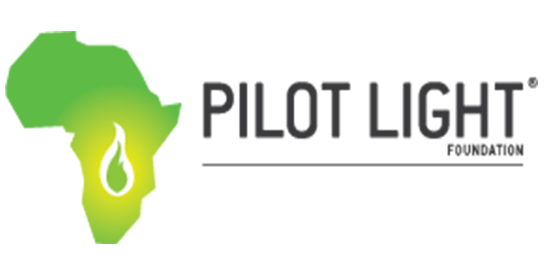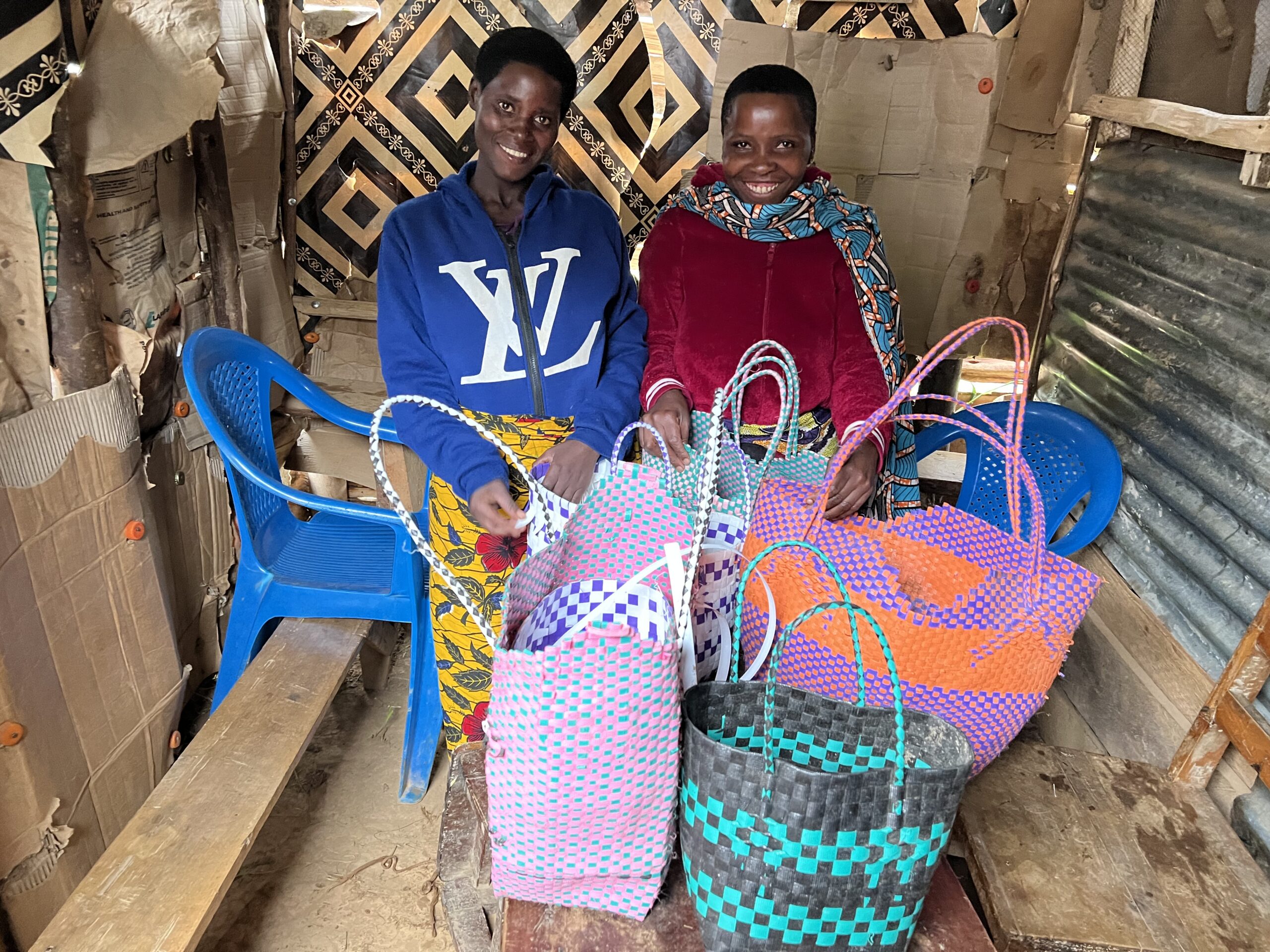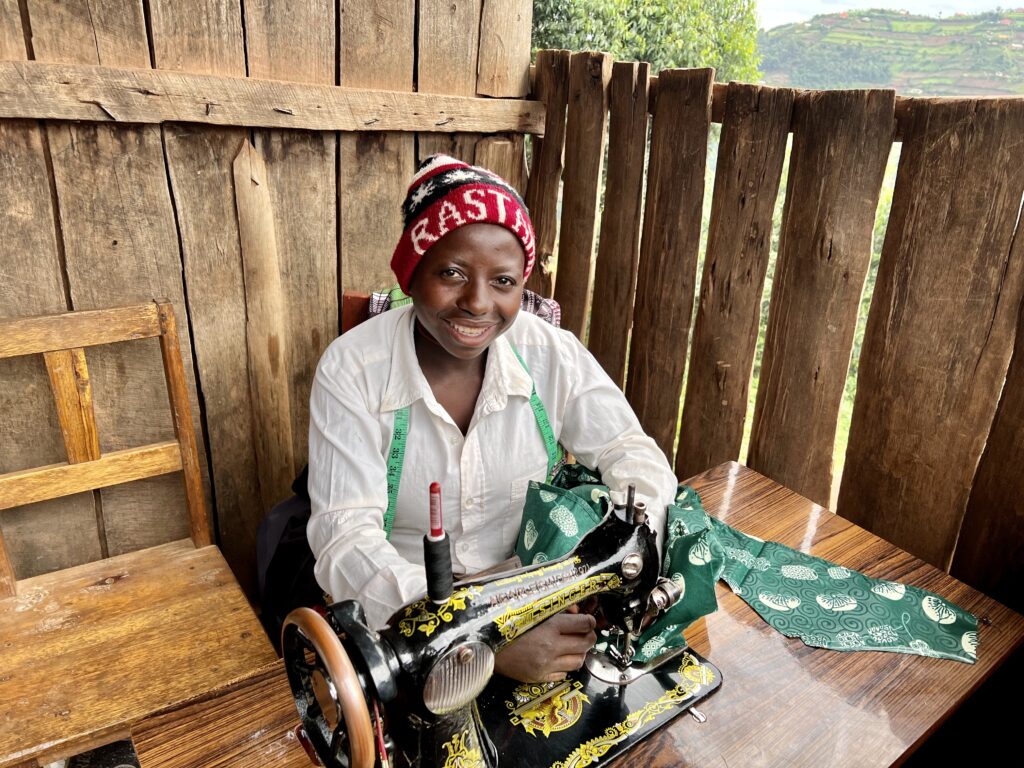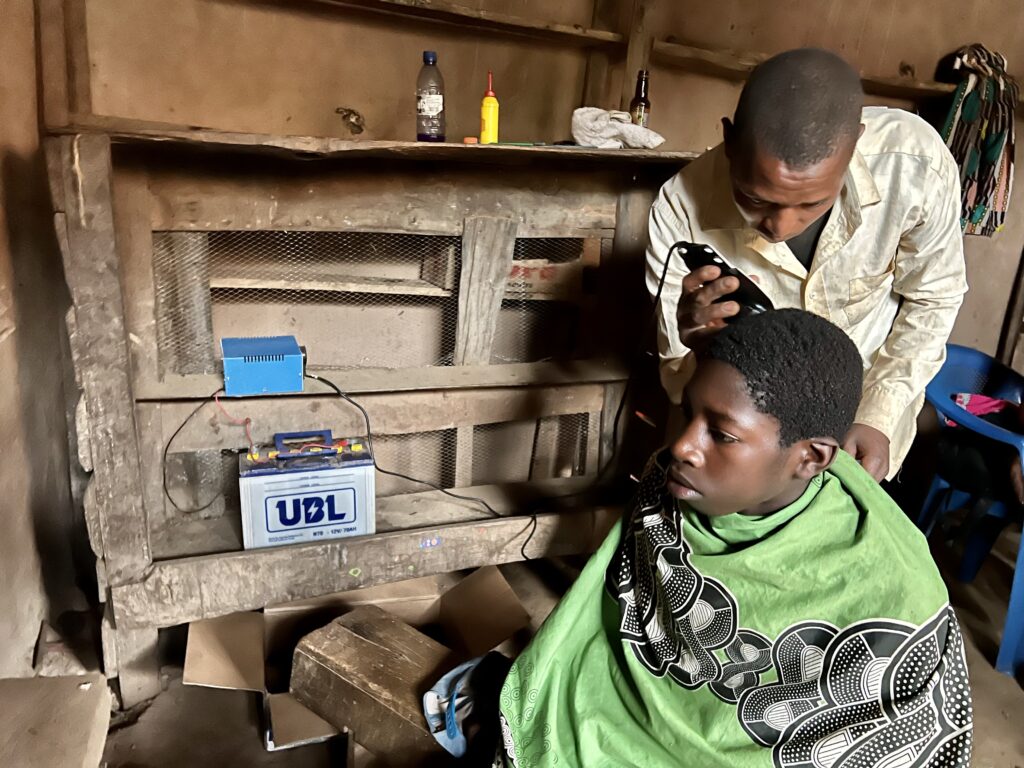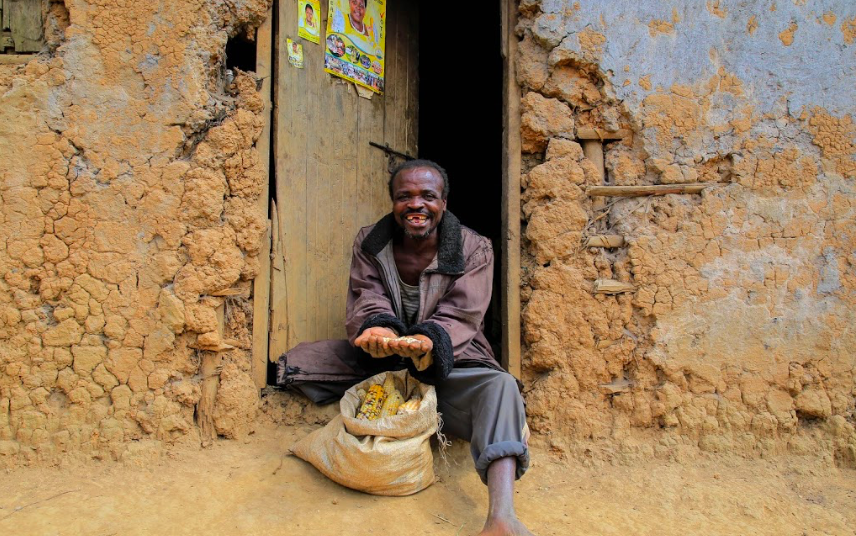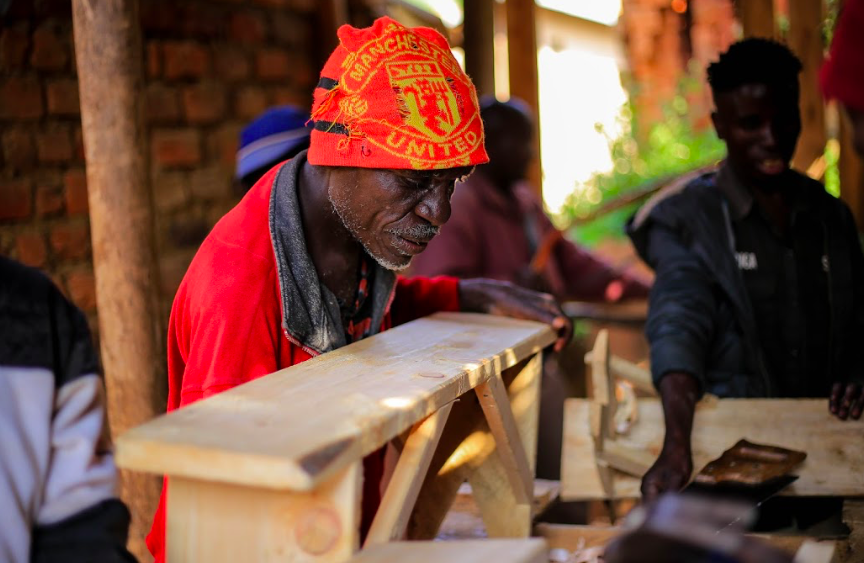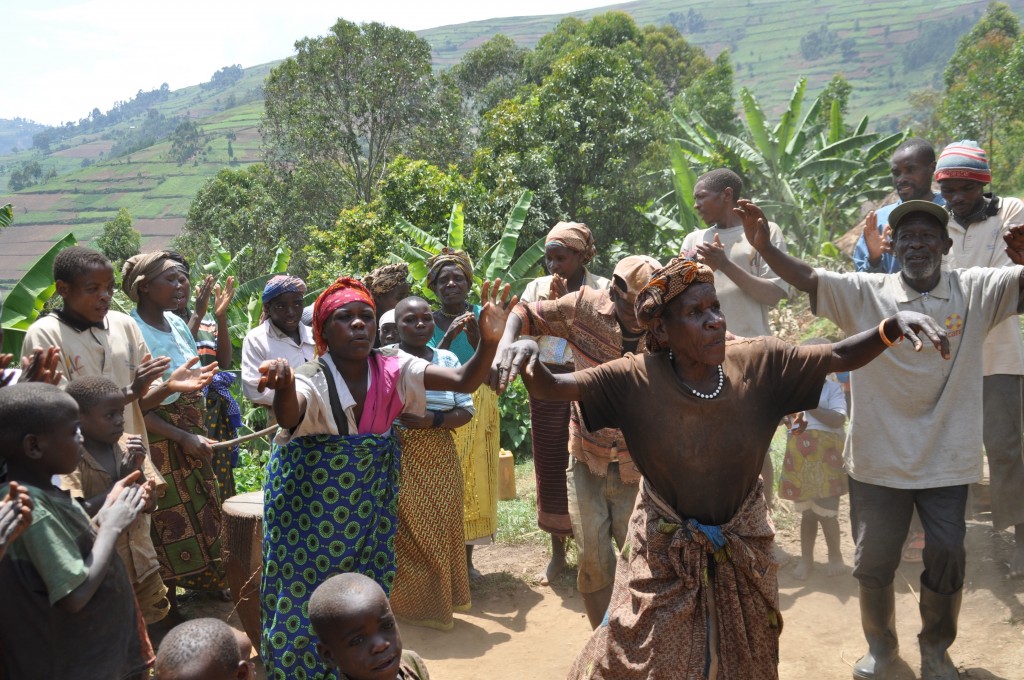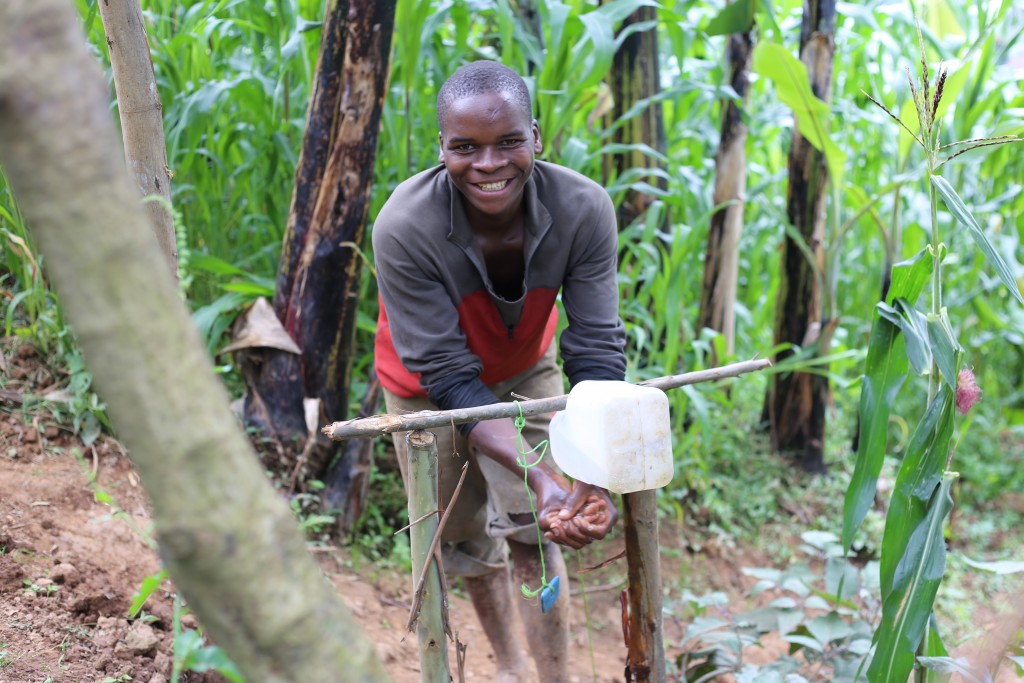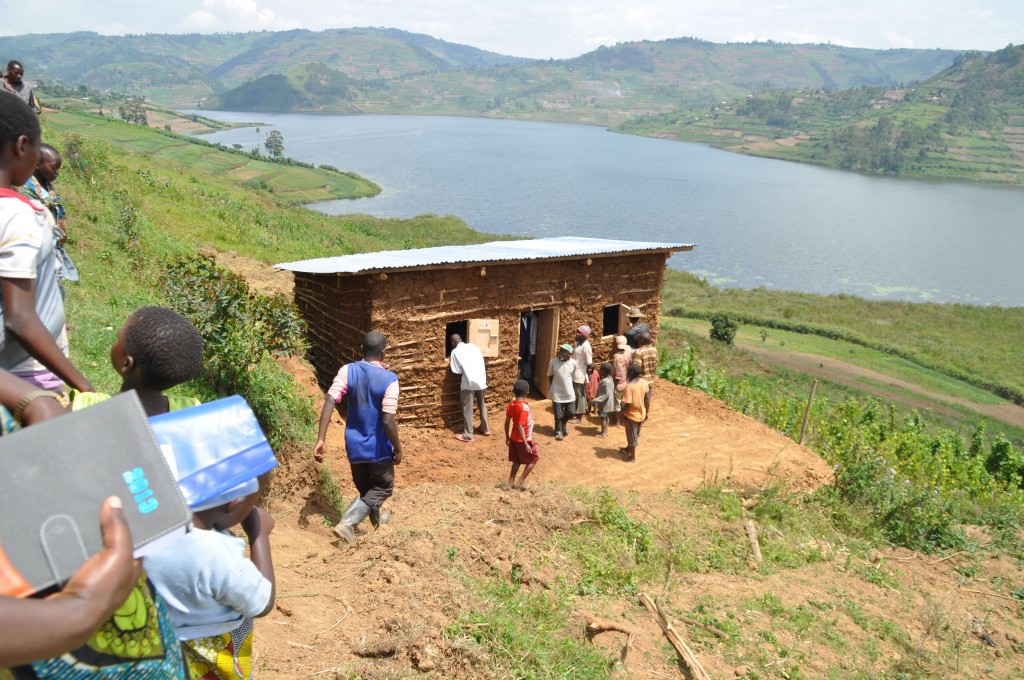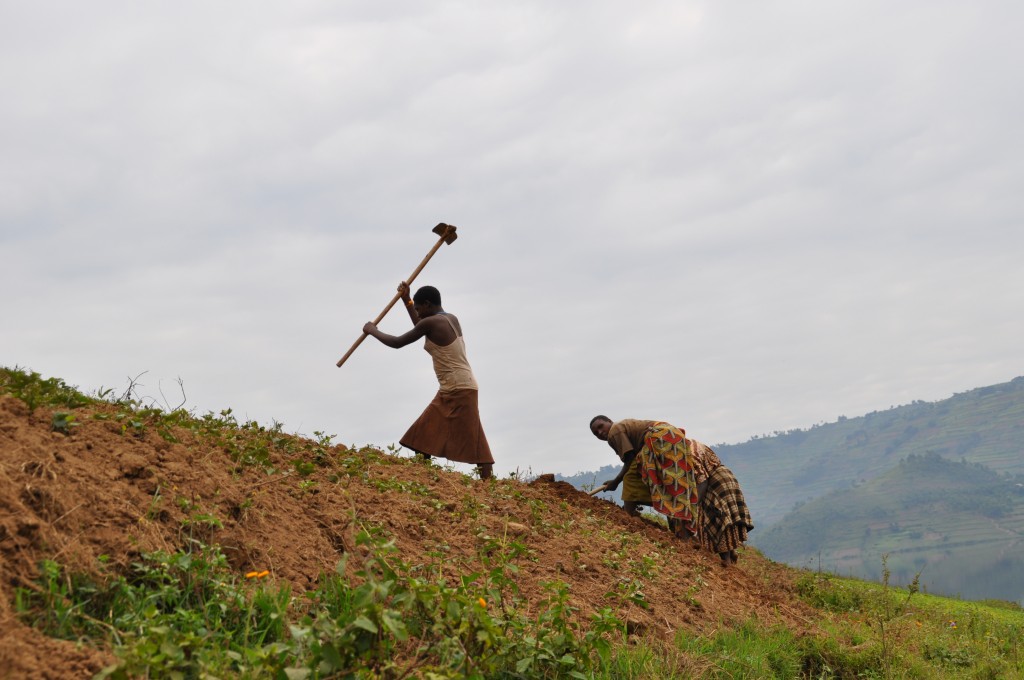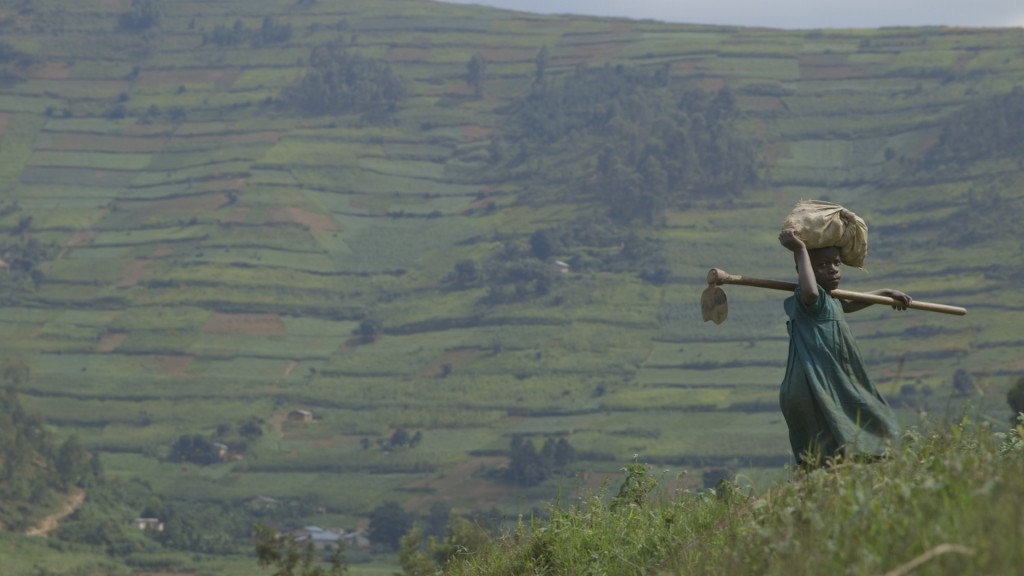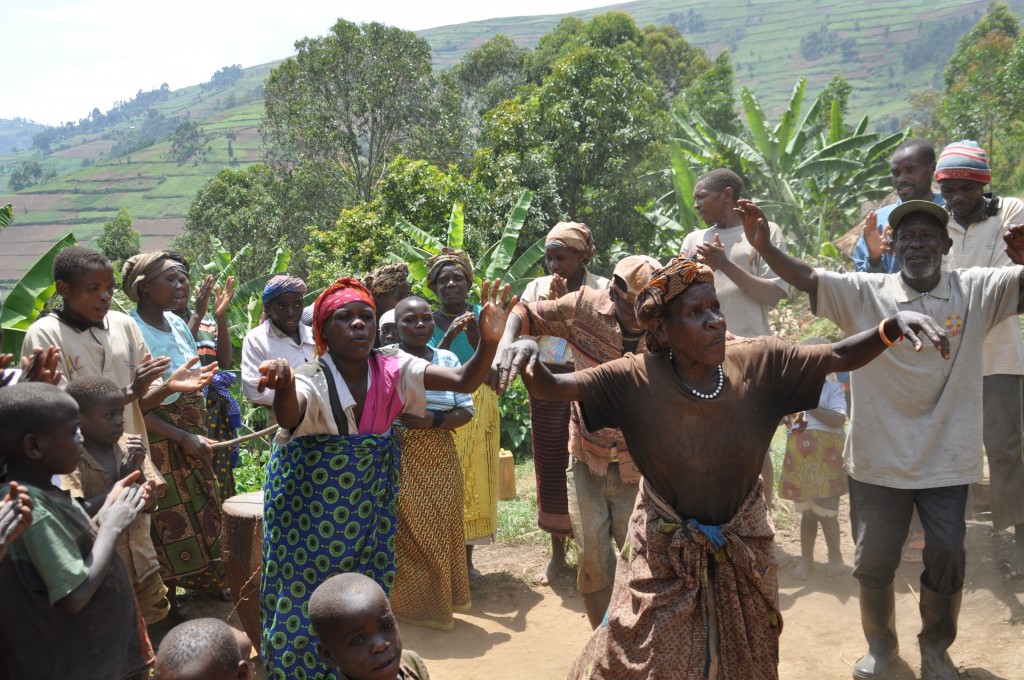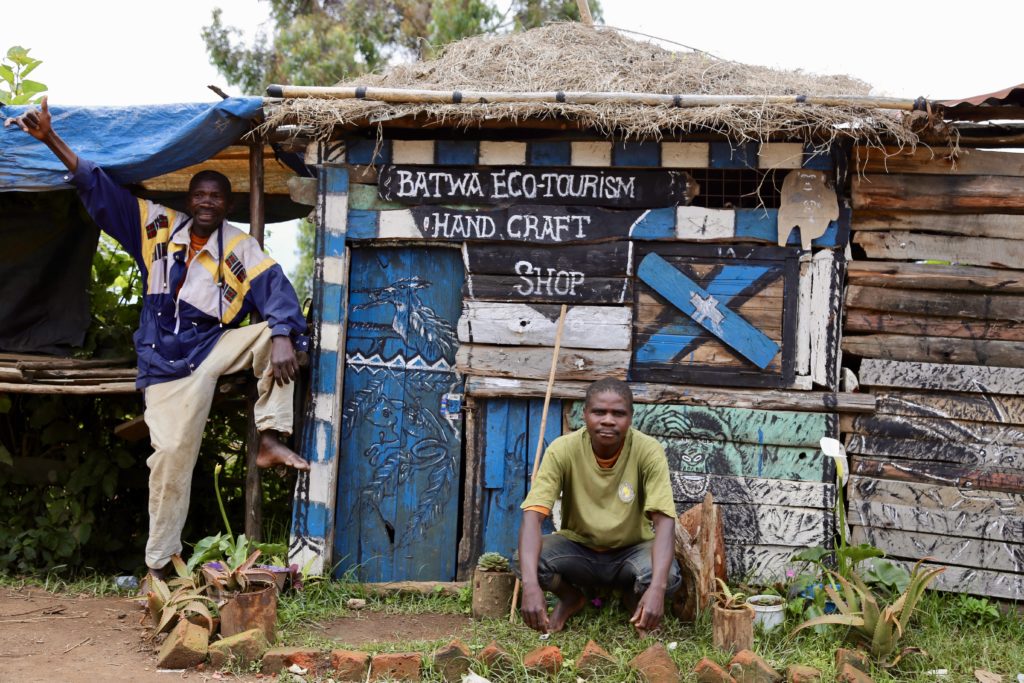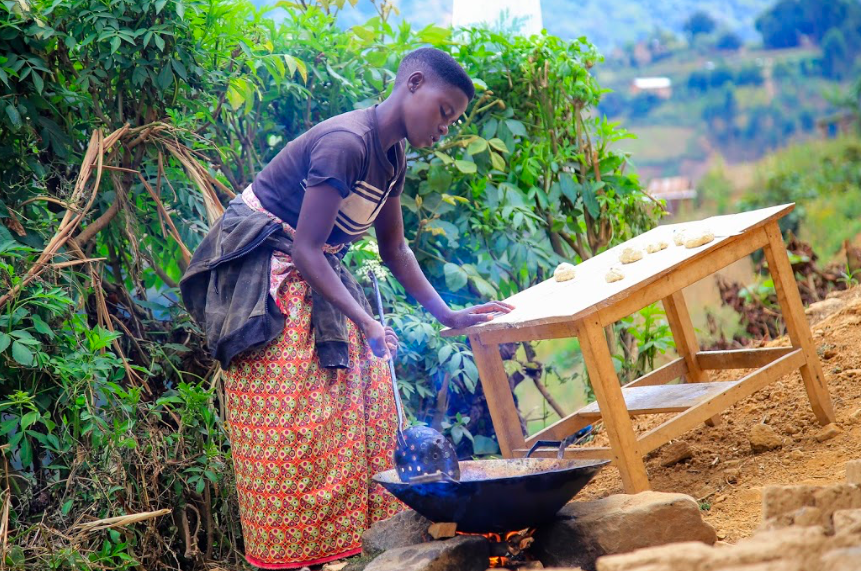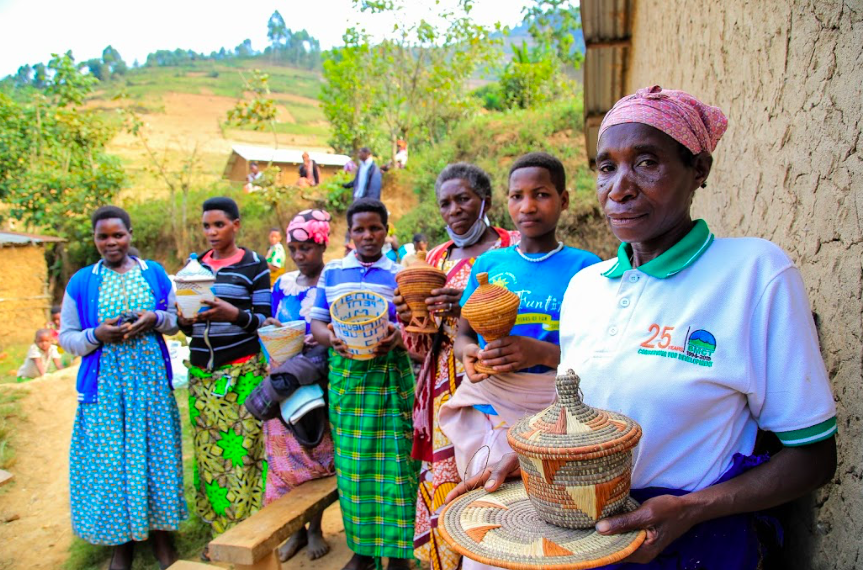- Kabale, Southwestern Uganda
Sparking Self-Sufficiency in Africa Through Sustainable Income
The Batwa pygmy tribes have been evicted from their ancestral forest. These original inhabitants of central Africa lived in these forests as hunter gatherers until 1991, when due to deforestation they were abruptly and forcefully removed from the forest to create National Parks. Though promised land and compensation from the government, they have received nothing. In southwest Uganda, the Batwa are presently found in Kabale, Kanungu and Kisoro. Now a significant minority, they are suffering unimaginable poverty, disease, illiteracy, stigmatization, and often are forced to beg for a living. There is an estimated 25,000 Batwa living in western Uganda. They are one of the poorest people in the southern hemisphere. They face systematic discrimination.
When we first visited the Batwa in the spring of 2011, we were shocked to find them living in conditions unfit for humans. Their standard of living was significantly lower than the neighbors living directly around them. Our intention, in that first visit, was to begin a goat cooperative to help them improve both nutrition for their children and to help them start up a sustainable business of raising dairy goats. We quickly realized, however, that it would be impossible to focus solely on income generating activities without first addressing the pressing issues of safe housing and food security.

Community Support. As Hunter Gatherers the Batwa are new to farming and in need of not only of practical agricultural skills but the support of their new community to adapt to a new and unfamiliar life. By partnering locally with African International Christian Ministry, we are best able to engage the community and meet the large scope of needs of the Batwa with respect and dignity.
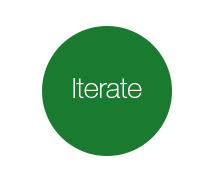
Homes and food security first. A lack of basic shelter profoundly affects the Batwa’s ability to survive. Once safely housed the Batwa can focus on food production. By building homes that provide adequate shelter and establishing farmer field schools that increase yields we can dramatically improve outcomes.

A Growing success. Building unity and prosperity for the future. Focus is on the Village Savings and Loans Associations (VSLA) methodology, because we believe that the VSLA are the best way for people living in poverty to achieve sustainability of income.Group members are trained in how to save together as a group, give each other loans intended to start or grow their businesses, hold each other accountable for payback with a 2% interest. That interest helps the savings pot grow larger, bigger loans become available, incomes grow and families are transformed. Currently, there are 31 VSLA groups, comprised of 939 members in total.

Economic Empowerment. We are helping to empower 1380 members of the Batwa community to have improved sustainable income, food security, land/shelter and education.
Housing, Health and Food Security. New, safe homes sprouting up everywhere, crops prospering in the fields, children are thriving and staying in school.
Business Development. The Batwa are wonderful singers and dancers. By organizing and collaborating with existing tour operators we can ensure that tourism is a profitable and consistent source of income that can be used productively throughout the community.
New Programs. We have now expanded our program throughout the region to include all 10 Batwa groups and to increase the activities that are already in place. Groups of young Batwa are being trained in the business of making and selling mandazi, a local treat. There is a focus on craft making to enhance the experience for tourists who visit our Tourist Centers. A Literacy Program is focusing on 748 people over the age of 15 who were unable to finish school.
